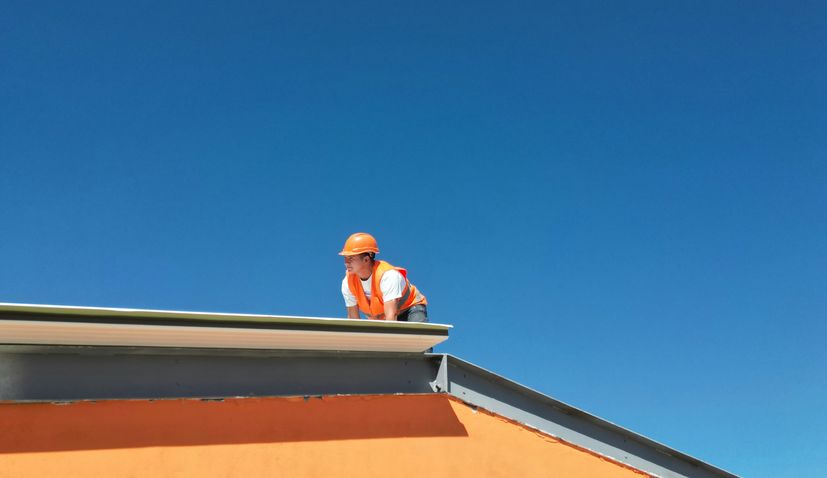
By: Mladenka Tomić
ZAGREB, 25 August 2025 (Hina) – Rising summer temperatures are increasingly endangering outdoor workers, with Croatian unions and the Ombudswoman warning that the current legal framework offers insufficient protection.
According to the International Labour Organisation (ILO), extreme heat worldwide causes 22 million workplace injuries and nearly 19,000 deaths each year.
With climate change driving hotter summers, Croatian workers in construction, roadworks and other outdoor sectors face mounting risks.
“Work without shade, water or safety”
The Construction Workers’ Union says employees frequently report unsafe conditions during summer months. Problems range from lack of drinking water and cooling areas to full exposure to the sun on building sites.
“On the coast and in quarries, workers often have no shade at all. Even when cooling containers are available, they can reach 60°C inside,” union secretary Domagoj Ferdebar told Hina.
While larger firms with international links tend to follow stricter safety standards, smaller contractors and subcontractors often do little to protect staff, he added.
Heat stress more dangerous than it seems
Using the Humidex index, Croatia’s Public Health Institute warns that a shaded temperature of 29°C with moderate humidity can feel like 35°C, and up to 43°C under direct sun. For asphalt workers, conditions are even harsher, with fresh asphalt radiating heat at 160°C.
“How anyone endures these conditions is a real question,” said Ferdebar, noting that protective gear such as helmets and long-sleeved clothing can make breathing and cooling even harder.
Ombudswoman: A matter of human rights
Croatia’s Ombudswoman Tena Šimonović Einwalter stressed that working in extreme heat is more than a safety issue.
“It directly affects fundamental rights such as health, safe working conditions – even the right to life,” she said. Vulnerable groups include older workers, those with health problems and people in lower-paid, physically demanding jobs.
Her office is preparing recommendations for the Ministry of Labour to establish clear, enforceable rules in cooperation with unions, employers, meteorologists and occupational health experts.
Current rules fall short
At present, Croatian law only requires employers to follow guidelines from the Public Health Institute during extreme temperatures. However, these are not legally binding.
Other EU countries have taken stronger action. Spain enforces measures when heat alerts are issued, Austria is considering halting work at 35°C, while Italy, Germany and Greece are moving in a similar direction.
The European Trade Union Confederation has called for an EU-wide directive on working in extreme heat.
Calls for education and reform
The union argues that workers need regular training on recognising symptoms of heat exhaustion, hydration requirements and first aid in emergencies. Yet without legal obligations, employers are not required to provide this.
Aside from protecting lives, investment in safety is also cost-effective, Ferdebar said: “Studies show every euro spent on workplace safety brings back 2.2 euros through reduced injuries, sick leave and compensation claims.”
Time for change
Ombudswoman Šimonović Einwalter concluded that the issue can no longer be treated as a minor workplace concern.
“Working in the heat is a human rights, equality and public health issue. We should not wait until the situation worsens. If stronger legal frameworks can prevent injuries and deaths, then we must act,” she said.
